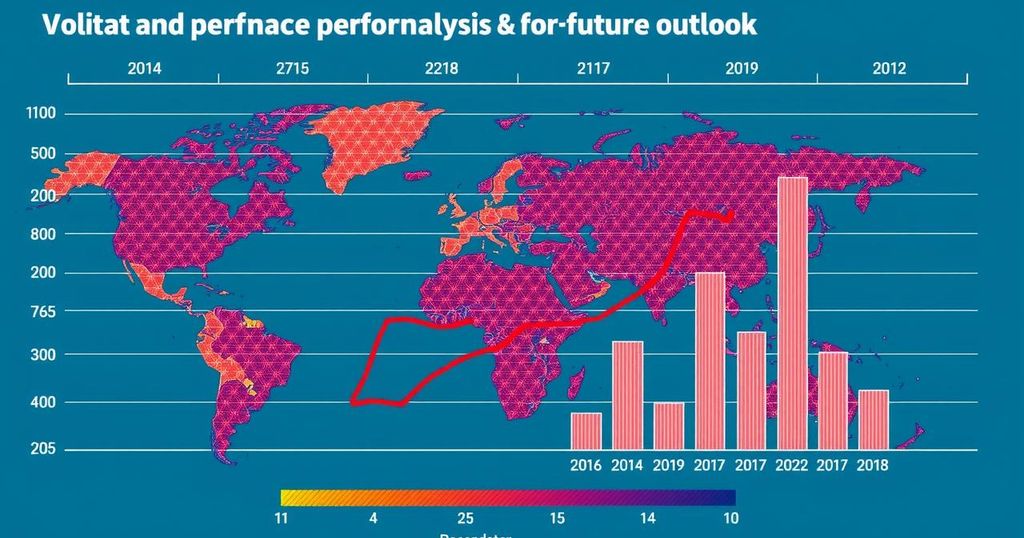2024: A Challenging Year for Incumbents and What Lies Ahead for 2025

In 2024, incumbents in developed democracies experienced significant electoral defeats, attributed largely to rising inflation due to global economic conditions. The shift in voter loyalty towards change and away from established political figures indicates a new norm where traditional advantages of incumbency are diminishing. As pressures mount, experts suggest that controlling inflation may be crucial for future incumbents who aim to stabilize their support ahead of upcoming elections in 2025.
The year 2024 was dubbed “the year of democracy”, marked by a significant surge in electoral losses for incumbents across developed nations, a phenomenon unprecedented in modern electoral history. Voter sentiment has shifted from a preference for familiar leaders to a growing demand for change. Discontent with inflation, exacerbated by global events, appears to have played a central role in this electoral upheaval, prompting an analysis of what 2025 may hold for those in power.
Historically, incumbents enjoyed a powerful advantage in wealthier democracies, often facilitating smooth transitions of power among established parties. However, recent trends reveal increasing volatility similar to that observed in emerging democracies. Research from the University of Oxford indicates that public sentiment has shifted significantly, providing incumbents with less security than before. “What’s happened in wealthy democracies… is that they’ve become like Latin American democracies or like India (used to be). Now it hurts to be an incumbent,” explains Ben Ansell, emphasizing the new dynamic of electoral risks.
The origins of the incumbents’ troubles can largely be traced to inflation, a sentiment echoed globally. The economic fallout from the COVID-19 pandemic and Russia’s invasion of Ukraine led to steep price increases that voters found intolerable. Historically, while post-crisis scenarios like the 2008 financial crisis saw low inflation rates, the current implications of rising costs carry significant political consequences. As political scientist Isabella Weber notes, “Inflation kills them,” highlighting that regardless of external factors, governments overseeing inflation are punished by voters.
Despite the challenges, some incumbents have attempted innovative solutions. For instance, Mexico’s Claudia Sheinbaum has implemented price controls to address inflation; while controversial, such measures may offer insights into navigating voter discontent. If inflation stabilizes, it could provide a reprieve for incumbents, allowing them to regain favor among constituents.
The article analyzes the shifting political landscape in developed democracies, particularly in the context of the 2024 elections where incumbents faced unprecedented losses. It centers on the causes of these changes, notably inflation and evolving voter behaviors, highlighting the broader implications for future elections. The commentary draws on expert analyses to explore how historical norms of political stability have declined, paving the way for increased competitiveness among electoral candidates.
In conclusion, as voter dynamics shift, incumbents face a precarious future marked by a volatile political climate. The common trends of discontent with inflation and the erosion of traditional partisan loyalties indicate that established leaders may struggle to maintain their positions in the upcoming elections of 2025. Moving forward, it remains crucial for those in power to adapt to changing voter expectations and economic realities to navigate their political futures successfully.
Original Source: www.cnn.com








